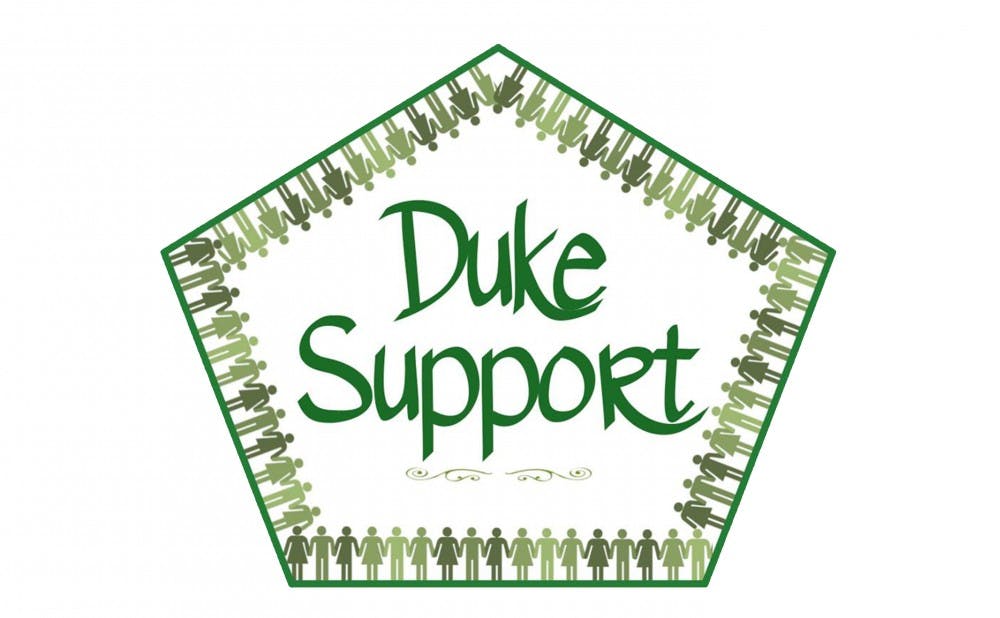With a national spotlight focused on addressing sexual assault on college campus, senior Ashley Pollard is helping introduce a support group for survivors to Duke's campus this Fall. Pollard is one of four co-leaders of Duke Support, a group for survivors of sexual assault that began meeting in September. Pollard emphasized that all students are welcome at meetings—whether or not they choose to speak. She explained that students can sign up for their listserv anonymously on the group's website. The Chronicle's Rachel Chason sat down with Pollard to discuss why this organization is crucial to campus culture.
The Chronicle: What was the process like for creating it?
Ashley Pollard: Since Duke Support is not an [Student Organization Funding Committee] organization, the co-leads have enjoyed the freedom and flexibility of organizing this group as we see best fit for its members. We have had a lot of support from the Women’s Center as well as the Wellness Center, but for the most part this initiative is extremely student driven. We have explained to our members that we want this group to be led by the group’s needs and desires. There are no expectations for Duke Support other than providing a safe space for students to get together and share experiences or talk about gender violence issues on campus.
TC: What are your biggest goals for the year?
AP: Right now we are looking forward to spreading the word about Duke Support. As I mentioned before, we have strong interest already but are hoping to gain more. We also just hope that the existence of Duke Support will help increase awareness about gender violence and sexual assault on campus. Sexual assault is a serious issue that constantly gets pushed under the rug—and reporting those incidents are not easy. I hope the experiences of the members can bring light to the realities that are webbed into the current campus culture. In the future, we hope to take on an activist stance that could include photo campaigns or general awareness events. All that being said, our most important goal is to maintain this safe space for survivors. These experiences can be extremely isolating and it’s really easy to fall into the trap of, “No one knows what I am going through, no one can possibly understand.” While no one can ever understand the personal difficulties one experiences, there are students on campus who do have an understanding of what being violated feels like. We want to uplift our members to feel like they are not alone.
TC: Why is this issue important to you?
AP: As a survivor of a campus sexual assault, my entire world felt like it was turned upside down. Both my personal life and my academic life were extremely turbulent and I felt like I didn’t have a grasp on much. My participation in the Breaking Out Photo Campaign helped bring me to a more stable point in my life where I developed the goal of sharing my story with others. I know what it is like to walk around campus seeing my perpetrator. I know what it is like to witness the Duke community praising my perpetrator for his athletic accomplishments. And I know what it is like to hear a conclusion of my perpetrator ‘not responsible’ for sexual assault. I want to talk to survivors about these issues and how we can rise against unfortunate circumstances, bring awareness to these issues, and learn from each other.
TC: What has the student response been like so far?
AP: Students have actually been very responsive thus far. Our meetings are small in number but we've had at least 40 people sign up for the listserv- just in the last few months. The co-leads think that this is a huge number and regardless of whether they attend this meeting, that number tells us that there are at least 40 people on campus who have been impacted by sexual assault who are interested in discussing the serious issues of gender violence on campus. ?
Get The Chronicle straight to your inbox
Sign up for our weekly newsletter. Cancel at any time.

